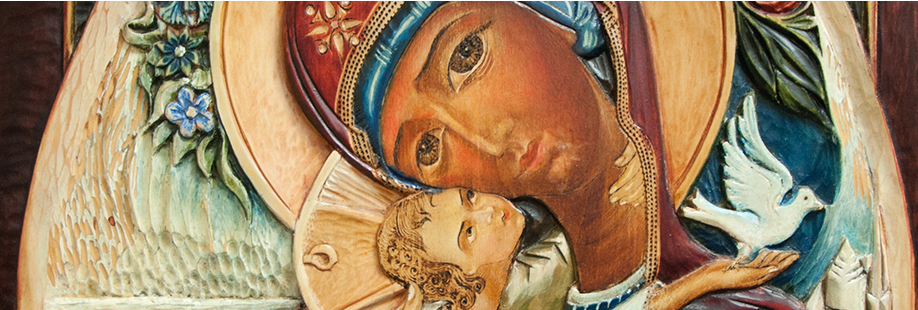
World Nativity Traditions
Preview

Creation Date
1944
Medium
pasteboard
Exhibition Label
Is Jesus twice born? In a way. He was born to his mother, to Joseph and the shepherds, not to forgot ox and ass, on December 25. On January 6, he was born, so-to-speak, to the whole world represented by the magi. Latin countries tend to celebrate Christmas on January 6, the feast of Epiphany, which corresponds to original Christmas tradition. Epiphany means revelation, the revelation of God’s goodness in Jesus. The custom of exchanging gifts on January 6 in Latin cultures has its origin in God’s gift to the world, and the magi’s gifts of gold, incense and myrrh to see child. In this nativity set of cut-out figures the two moments of Christ’s birth have been combined. Cut-out figures owe their existence to the Jesuit theater tradition originating in the 18th century.
Description
Sixteen pieces, consisting of lithographed figures pasted on triplex paperboard and cut out with a jigsaw.Two sets of the Holy Family are depicted (one with Mary kneeling before the newborn baby; one for the Epiphany with the child sitting on Mary’s lap), three kings with servants, shepherds with sheep, ox, ass, etc. Colors are faded, and edges of the pieces are slightly rough. Exhibition label originally written by Fr. Johann G. Roten, S.M. for exhibit entitled "Elisabeth's Nativity House: The van Mullekom Collection" held at Roesch Library, University of Dayton.
Rights
This material may be protected by U.S. (Title 17, U.S. Code) and/or international copyright law. The material is available for personal, educational, and scholarly use. It is the responsibility of the researcher to locate and obtain permission from the copyright owner(s) or heirs for any other use, such as reproduction and publication.
Keywords
crèches, nativity scenes, nativities, At the Manger, figurines, Jesus Christ


